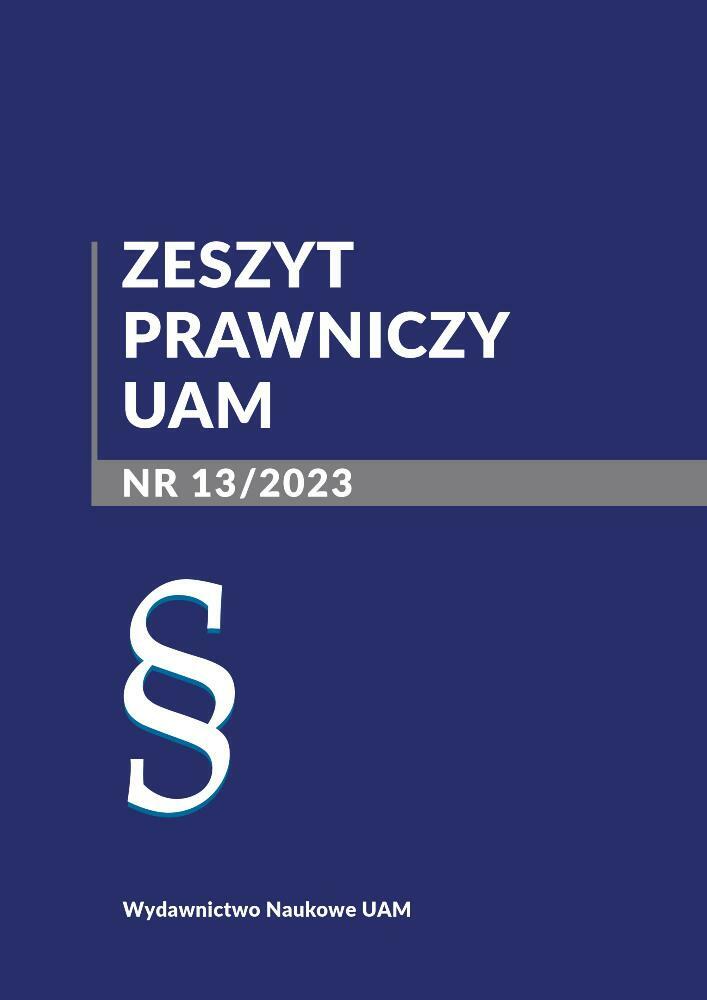Abstract
Artificial intelligence is developing rapidly and is increasingly present in public discourse, hence questions about its potential application in the legal field are becoming more common. The aim of this thesis is to consider whether AI can improve the process of applying the law, namely establishing a hypothesis for the deep structure of legal science. The research problem is to establish AI’s operational capabilities – if AI can adequately reproduce assumption of a rational legislator. In order to consider this, the discussion on the AI definition and methodological issues of legal science were examined. Finally, the conditions of assumption of a rational legislator were reconstructed and it was considered whether a system adapting this assumption could be developed.
References
Dymitruk, M. (2019). The Right to a Fair Trial in Automated Civil Proceedings. „Masaryk University Journal of Law and Technology” 13(1): 27–44. DOI: https://doi.org/10.5817/MUJLT2019-1-2
Lai, L., Świerczyński, M. (red.). (2020). Prawo sztucznej inteligencji. Legalis/el.
McCarthy, J. (2004). What is Artificial Intelligence? Stanford.
Nowak, L. (1973). Interpretacja prawnicza. Studium z metodologii prawoznawstwa. Warszawa.
Russell, S., Norvig, P. (red.). (2020). Artificial Intelligence: A modern approach. London. DOI: https://doi.org/10.1093/oso/9780190905033.003.0012
Wronkowska, S. (2002). Podstawowe pojęcia prawoznawstwa. Poznań.
License
Copyright (c) 2023 Krzysztof Binkowski

This work is licensed under a Creative Commons Attribution 4.0 International License.

